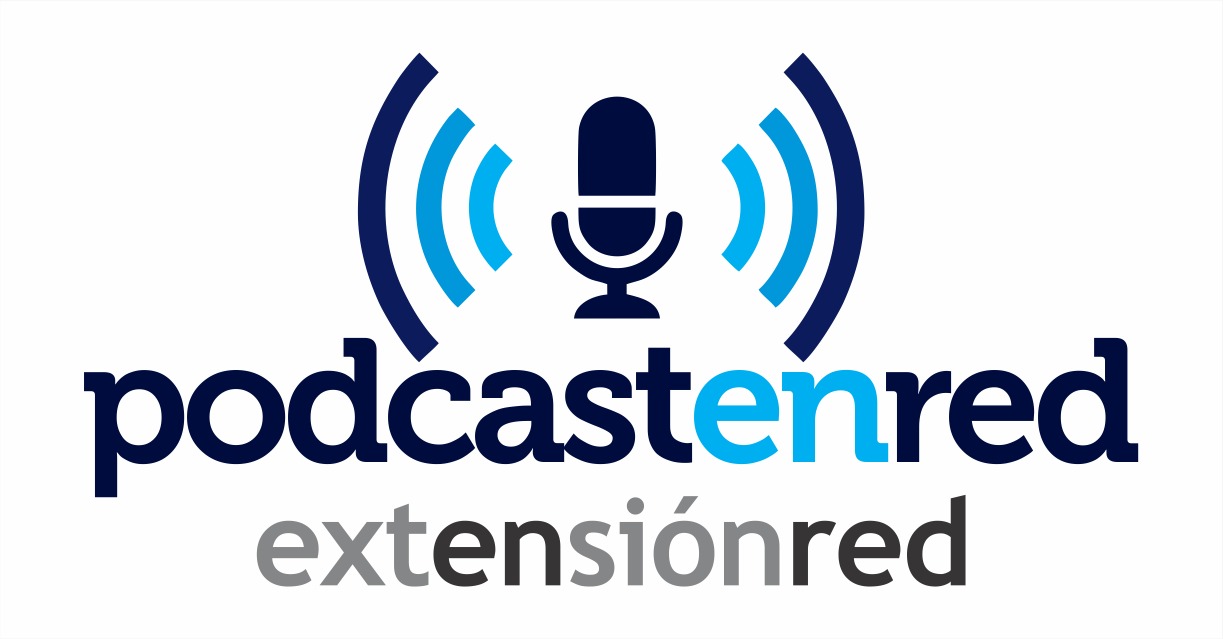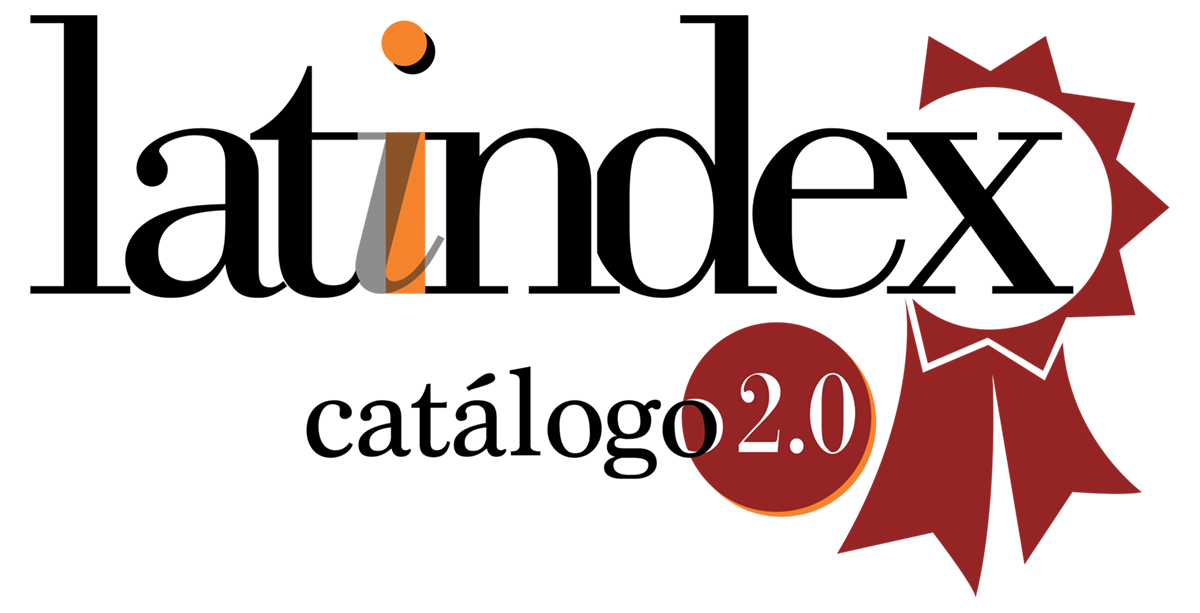University Extension, Teacher Training and Academic Profession
Exploratory Study in Academics of the National University of Mar del Plata, Argentina
DOI:
https://doi.org/10.24215/18529569e028Keywords:
higher education, academic profession, extension environment, violenceAbstract
From a mixed study of social inquiry, and from the survey of semi-structured surveys of more than 200 teachers and researchers from the National University of Mar del Plata, Argentina, this article seeks to analyze various aspects that constitute the extension activities and the links that they display with teaching and research functions. This preliminary characterization seeks to contribute to the study of the local academic profession and configure an exploratory base from which to deepen the inquiries about the extensionist dimension of the Argentine university profession.
Downloads
References
Aguirre, J. y Porta, L. (2020). Aproximaciones preliminares a la profesión académica argentina. Un análisis comparado a partir del caso de la Universidad Nacional de Mar del Plata. Revista IRICE, (39), 53-86. Recuperado de https://ojs.rosarioconicet.gov.ar/index.php/revistairice/article/view/1486
Berengeno, L. y Yedaide, M. M. (2021). Activismo vincular y micro-soberanías en experiencias de extensión universitaria: intra-acciones de “la educación” y “la cultura” en espacios intermedios de la vida social. Revista de Educación, 24(1), 279-295. Recuperado de
https://fh.mdp.edu.ar/revistas/index.php/r_educ/article/view/5485
Carli, S. (2016). Deconstruir la profesión académica: tendencias globales y figuras históricas. Una exploración de las biografías académicas de profesoras universitarias. Propuesta Educativa, (45), 81-90. Recuperado de https://www.redalyc.org/articulo.oa?id=403047128009
Aguirre, J. y Porta, L. (2020). Aproximaciones preliminares a la profesión académica argentina. Un análisis comparado a partir del caso
de la Universidad Nacional de Mar del Plata. Revista IRICE, (39), 53-86. Recuperado de https://ojs.rosarioconicet.gov.ar/index.php/revistairice/article/view/1486
Berengeno, L. y Yedaide, M. M. (2021). Activismo vincular y micro-soberanías en experiencias de extensión universitaria: intra-acciones de “la educación” y “la cultura” en espacios intermedios de la vida social. Revista de Educación, 24(1), 279-295. Recuperado de https://fh.mdp.edu.ar/revistas/index.php/r_educ/article/view/5485
Carli, S. (2016). Deconstruir la profesión académica: tendencias globales y figuras históricas. Una exploración de las biografías académicas de profesoras universitarias. Propuesta Educativa, (45), 81-90. Recuperado de https://www.redalyc.org/articulo.oa?id=403047128009
Chiroleu, A. (2002). La profesión académica en Argentina. Revista (Syn) Thesis, 7(1), 41-52.
Clark, B. (1983). The Higher Education System: Academic Organization in Cross-national Perspective. Berkeley, United States: University
of California Press.
Coscarelli, M. R. (2010). Formación en el campo de la extensión universitaria. Extensión en red, (1), 1-7. Recuperado de https://perio.unlp.edu.ar/ojs/index.php/extensionenred/article/view/41
Dezzutto, F. (2018). Dilemas y desafíos de la extensión universitaria a 100 años de la Reforma de 1918. E+E. Estudios de Extensión en Humanidades, 5(6). Recuperado de https://revistas.unc.edu.ar/index.php/EEH/article/view/21905
Fernández Lamarra, N. y Marquina, M. (2013). La Profesión Académica en América Latina. Tendencias actuales a partir de un estudio comparado. Espacios en blanco. Serie indagaciones, 23(1). Recuperado de http://www.scielo.org.ar/scielo.php?script=sci_abstract&pid=S1515-94852013000100006
Ferrín, J. C. y Ramírez, E. F. M. (2012). Papel de la Extensión Universitaria en la transformación local y el desarrollo social. Humanidades Médicas, 12(3), 371-390. Recuperado de http://scielo.sld.cu/scielo.php?script=sci_abstract&pid=S1727-81202012000300002
Freire, P. (1973). ¿Extensión o comunicación? La concientización en el medio rural. Ciudad Autónoma de Buenos aires, Argentina: Siglo XXI.
Gadotti, M. (2019). Extensión Universitaria: ¿para qué? Redes de Extensión, (6), 61-73. Recuperado de http://revistascientificas.filo.uba.ar/index.php/redes/article/view/8145
Greene, J. C., Caracelli, V. J. y Graham, W. F. (1989). Toward a Conceptual Framework for Mixed-Method Evaluation Designs. Educational Evaluation and Policy Analysis, 11(3), 255-274.
Hernández, R., Fernández, C. y Baptista, P. (2003). Metodología de la investigación. Ciudad de México, México: Mc Graw-Hill.
Herrera Albrieu, M. L. (2012). Una mirada sobre la extensión universitaria en Argentina. Reforma a la Ley de Educación Superior. Recuperado de https://repositorio.unal.edu.co/handle/unal/10336
Jick, T. (1979). Mixing Qualitative and Quantitative Methods: Triangulation in Action. Administrative Science Quarterly, (24), 602-611.
Lischetti, M. y Petz, I. (2019). La Extensión Crítica en América Latina y en Argentina. Redes de Extensión, (6), 1-5. Recuperado de
http://revistascientificas.filo.uba.ar/index.php/redes/article/view/8147
Marquina, M. (2013). ¿Hay una profesión académica argentina? Avances y reflexiones sobre un objeto en construcción. Pensamiento
Universitario, 15(15), 35-58.
Maxwell, J. (2010). Using Numbers in Qualitative Research. Qualitative Inquiry, 16(6), 475-482. https://doi.org/10.1177/1077800410364740
Moscoso, J. N. (2017). Los métodos mixtos en la investigación en educación: hacia un uso reflexivo. Cadernos de Pesquisa, 47(164), 632-649. https://doi.org/10.1590/198053143763
Porta, L., Foutel, M. y Aguirre, J. (diciembre 2019). Profesión académica e investigación narrativa. Indagaciones preliminares y alternativas en un campo en expansión. Trabajo presentado en el II Encuentro Internacional de Educación. Tandil, Argentina: Universidad del Centro. http://nulan.mdp.edu.ar/3575/1/porta-etal-2019.pdf
Teichler, U. (2017). Academic Profession, Higher Education. In J. Shin y P. Teixeira (Eds.), Encyclopedia of International Higher Education Systems and Institutions. Dordrecht, Netherlands: Springer.
Tommasino, H. y Cano, A. (2017). Modelos de extensión universitaria en las universidades latinoamericanas en el siglo XXI: tendencias
y controversias. Universidades, 66(67), 7-24. https://doi.org/10.36888/udual.universidades.2016.67.395
Yuni, J. A. y Urbano, C. A. (2006). Técnicas para investigar: recursos metodológicos para la preparación de proyectos de investigación. Córdoba, Argentina: Brujas.
Published
How to Cite
Issue
Section
License
Copyright (c) 2022 Florentina Lapadula, Jonathan Aguirre

This work is licensed under a Creative Commons Attribution-NonCommercial-ShareAlike 4.0 International License.
The acceptance of an original by the journal implies the non-exclusive transfer of the patrimonial rights of the authors in favor of the publisher, who allows the reuse, after its edition (postprint), under a Creative Commons License Attribution-NonCommercial-ShareAlike 4.0 International.
According to these terms, the material can be shared (copy and redistribute in any medium or format) and adapted (remix, transform and create another work from the material), provided that a) the authorship and the original source of their publication (magazine and URL of the work) are cited, b) is not used for commercial purposes and c) the same terms of the license are maintained.
The assignment of non-exclusive rights implies that after postprint in Extensión en red authors may publish their work in any language, media and format; in that case, it is requested that they signal that the material was originally published by this journal.
Assignment also entails the authors’ authorization for the work to be collected by SEDICI, the institutional repository of the Universidad Nacional de La Plata, and for it to be indexed in the databases that the publisher thinks appropriate for enhancing the visibility of the published work and its authors.
In addition, the journal encourages authors to submit their works to other institutional and thematic repositories after their publication in Extensión en red, under the assumption that offering society unrestricted access to scientific and academic production contributes to a greater exchange in global knowledge.








.jpg)

.png)


.png)





















